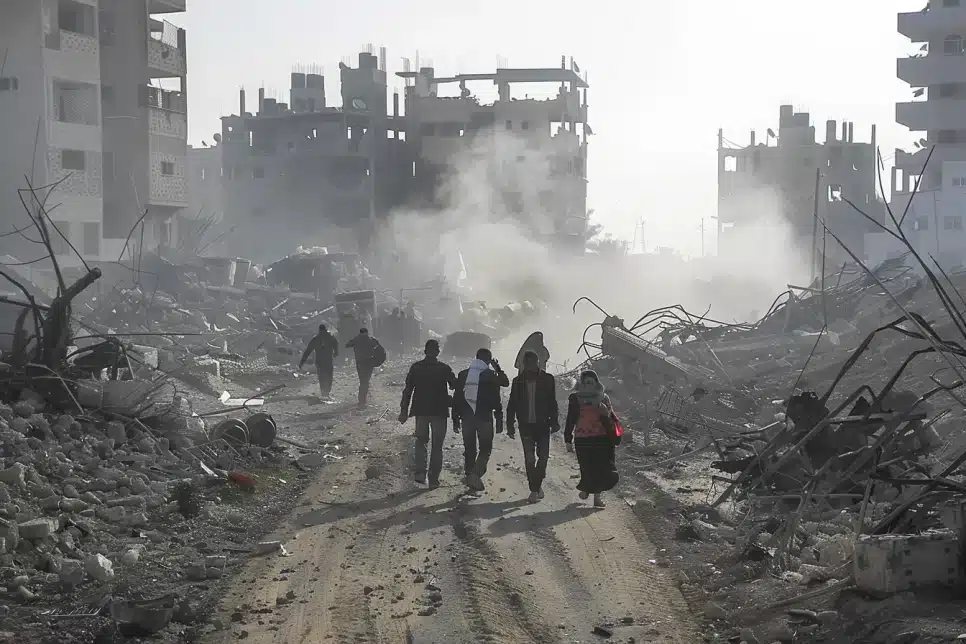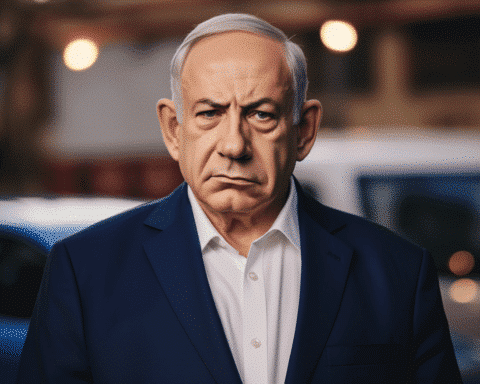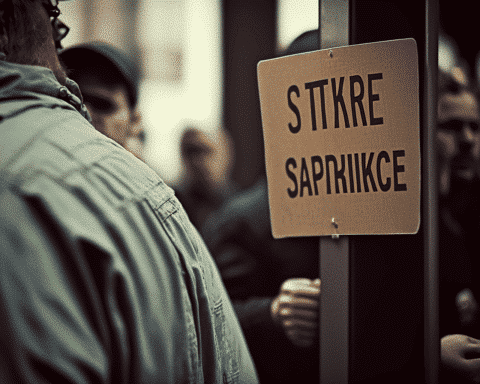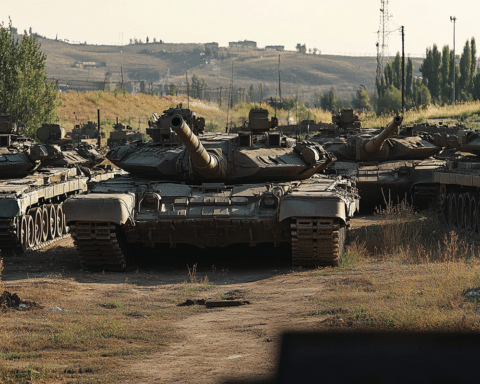In the wake of Israel’s military withdrawal, residents of Khan Younis, the second-largest city in Gaza, faced the devastating reality of their ravaged hometown. On Monday, as the dust settled, streams of Palestinians, fraught with anticipation and dread, ventured back to salvage remnants of their past lives amidst the ruins. The city, once a vibrant hub, was now a landscape of desolation, transformed beyond recognition by one of the most destructive military offensives in recent history.
Khan Younis, historically a symbol of resilience, was reduced to rubble. Buildings that once housed thousands of dreams and memories were flattened or stood as hollowed-out shells. Magdy Abu Sahrour, a local returning to the scene, encapsulated the shock and disbelief of many: “I couldn’t find my home because of all the destruction,” he lamented, gazing into what once was his neighborhood. “Where is my place, where is my home? … It’s a tragic situation.”
This offensive was Israel’s response to Hamas’ October 7 attack, marking a severe escalation in a conflict that has claimed over 33,000 Palestinian lives, mostly women and children. The scale of destruction in Khan Younis, with an estimated 55% of buildings damaged or destroyed, is a stark indicator of the war’s severity. Researchers Corey Scher and Jamon Van Den Hoek, utilizing satellite imagery, have documented this unprecedented devastation, underscoring the dire humanitarian situation facing Gaza’s 2.3 million residents.
The personal stories emerging from the wreckage are heart-wrenching. Mahmoud Abdel-Ghani, who found refuge in Rafah, returned to find his community decimated. Hanan, another resident, sifted through the remnants of her home, her emotions raw as she recounted the loss of her family’s history. Such testimonies reveal the profound human cost of the conflict beyond the physical destruction.
Israel contends that the operation in Khan Younis was a strategic blow to Hamas, alleging the city was a stronghold for militants. The military’s claims of targeting a vast network of tunnels and reducing Hamas’ capacity for warfare have done little to mitigate the humanitarian crisis left in their wake. With the looming threat of further offensives in Rafah, international concern for the safety of Palestinian civilians has intensified.
The withdrawal from Khan Younis, albeit a small step towards de-escalation, offers a grim reflection on the war’s aftermath and the challenging road to recovery. As Israel prepares for possible evacuations in Rafah, the resilience of Khan Younis’ citizens stands as a testament to the indomitable spirit of those caught in the crossfire. Their journey towards rebuilding amidst ongoing hostilities and negotiations for a cease-fire is a poignant reminder of the enduring human desire for peace and stability.
The narratives of Khan Younis’ residents, amidst the backdrop of this conflict, evoke a powerful call for compassion, understanding, and a concerted effort towards sustainable peace in a region long-torn by violence.




